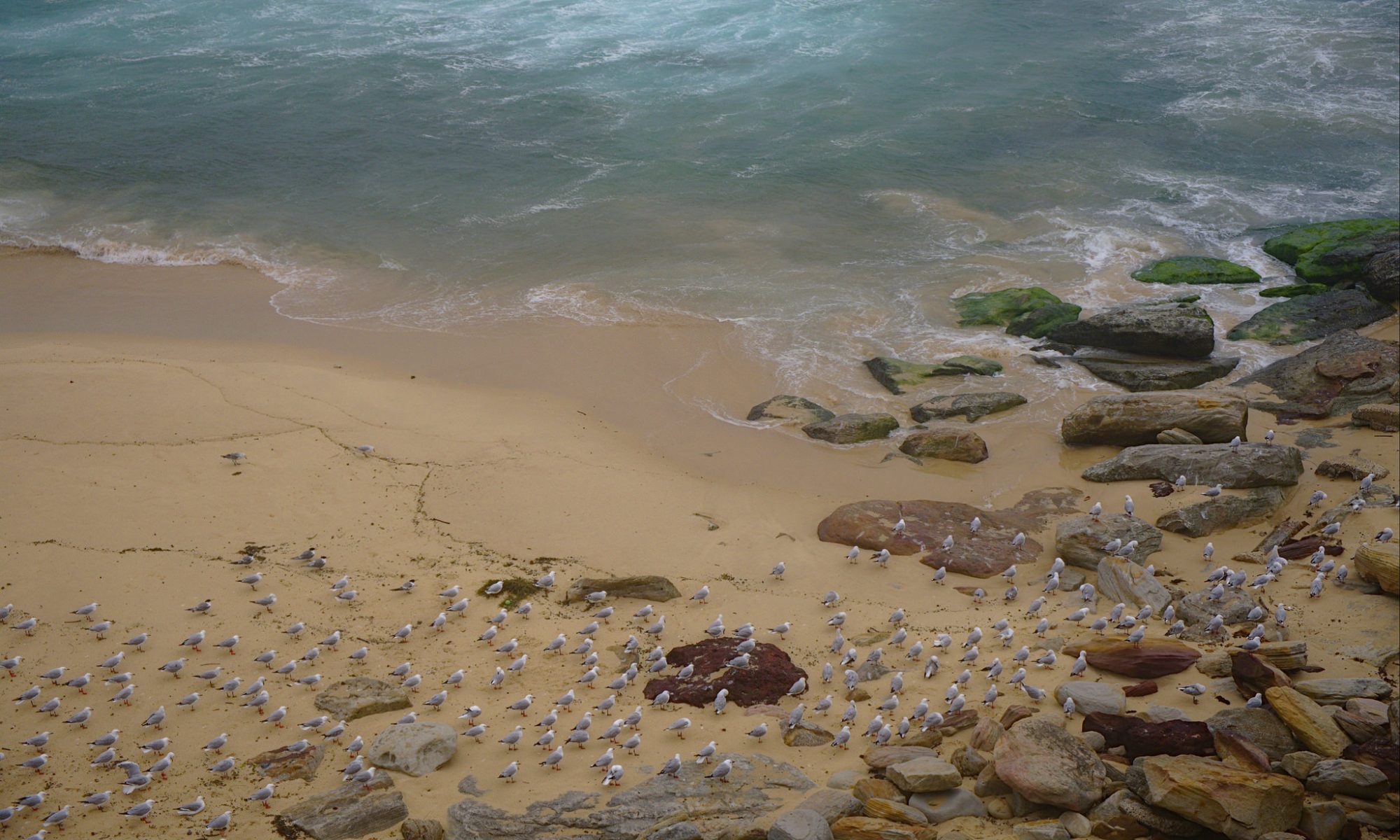Right now the world is facing two new threats: the first is a global pandemic which is spreading rapidly and which might kill 3% or more of people infected, particularly if it hits suddenly enough that there aren’t enough ICU or hospital beds (as has happened in Italy) and many many people go on to die both of COVID-19 and of other things that a hospital would normally be able to treat.
The other is major recessions or depressions following on from the partial shutdown of global trade and the near total shutdown of enormous numbers of industries including airlines, large events, catering, tourism, and manufacturing, and knock-on effects for many industries. This will also lead to many deaths from the consequences of stress and poverty; I haven’t seen a guess at all-cause mortality changes from COVID-19, but it’s surely much higher than direct deaths from the illness. And those who survive will need major support to rebuild their lives and work.
I definitely understand that at a time like this, it makes sense to have savings and be prepared for the future yourself, and I’m planning to, but it’s also a time when all crisis services will be incredibly stressed trying to deal with increasingly sick, increasingly poor, and increasingly scared people, and there is no better time to make sure they have the cash they need, and help them get ready.
My family has decided this week to support 10 charities (over 5 days, 5×2) that we expect need extra funds to deal with what’s coming, and I’m going to share them throughout the week, less to encourage donations to these specific charities as to encourage you to think about where you can give.
My entire family is part of the decision to give, so not all of the charities will meet these critieria, but here’s some I suggest and will apply to my share of our choices:
- small and nimble, works directly with vulnerable people: an organisation that can turn your cash into a motel room and food parcel or a week’s rent for a member of their community in need is one that needs your money today and can use it in the next month to make a real difference to a person
- “nothing about us without us”: guided and run by the people it is designed to serve
- donate cash, not goods: cash can be turned into what someone needs right now, not what a donor thought they might need six weeks ago
- donate to the organisation’s general funds, not any COVID-19 (or other) specific campaigns of theirs: their other work hasn’t stopped, they need to pay their staff more than ever, etc, trust them to know what their community needs
If you can’t give, you can help by supporting and encouraging your government and large, wealthy employers to provide for:
- ample sick and carer’s leave for people who might need many weeks off work as COVID-19 roars through their family and friends
- ample carer’s leave for people whose care services (daycare, school, respite, etc) get shut down
- crisis payments and systems for people at risk of not making (particularly) rent or mortgage payments or being able to buy food
- strong engagement with representatives of vulnerable populations about their needs
- a solid welfare system
